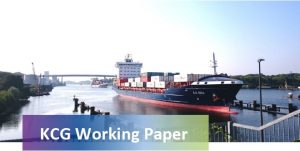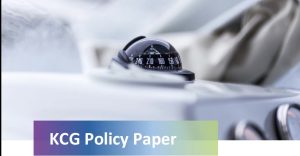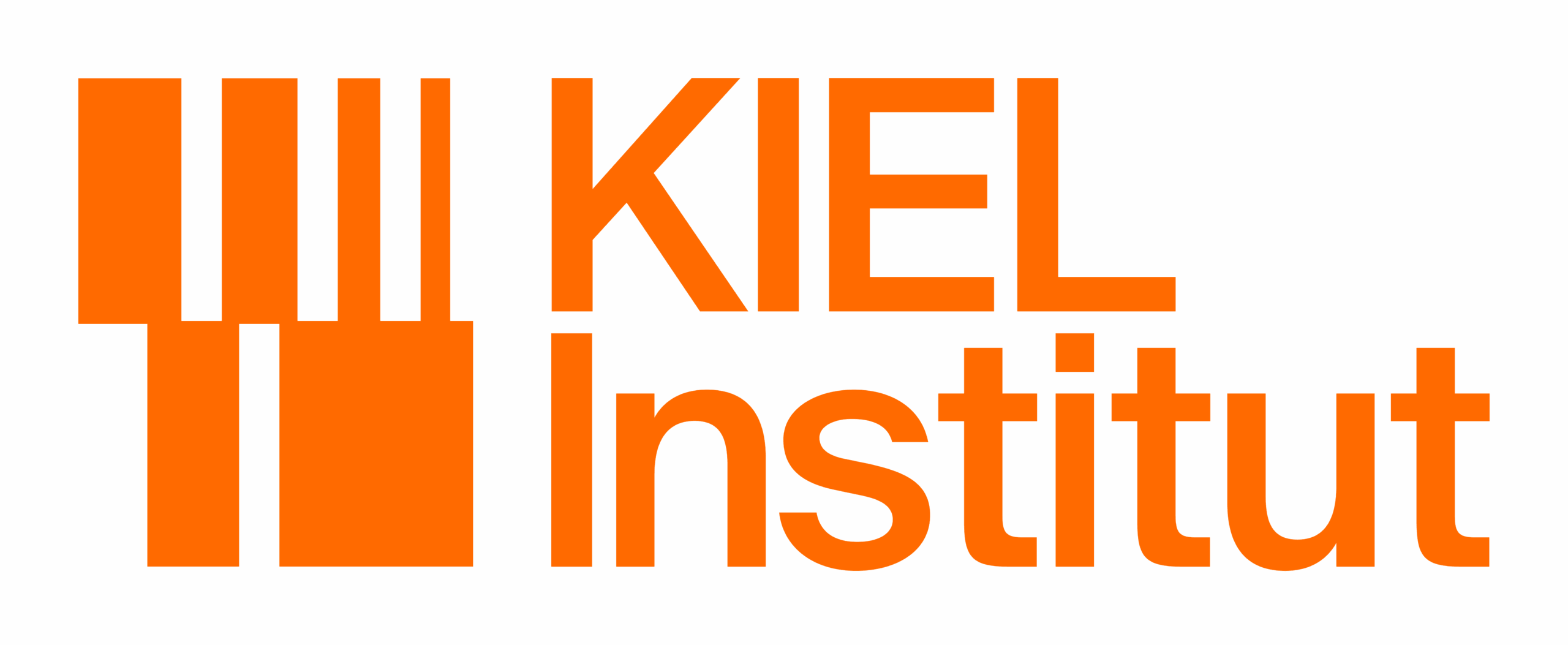KCG Working Paper No. 32: Estimation of empirical models for margins of exports with unknown non-linear functional forms: A Kernel-Regularized Least Squares (KRLS) approach
29th January 2024
Publications
Publications





 KCG Projects
KCG Projects


